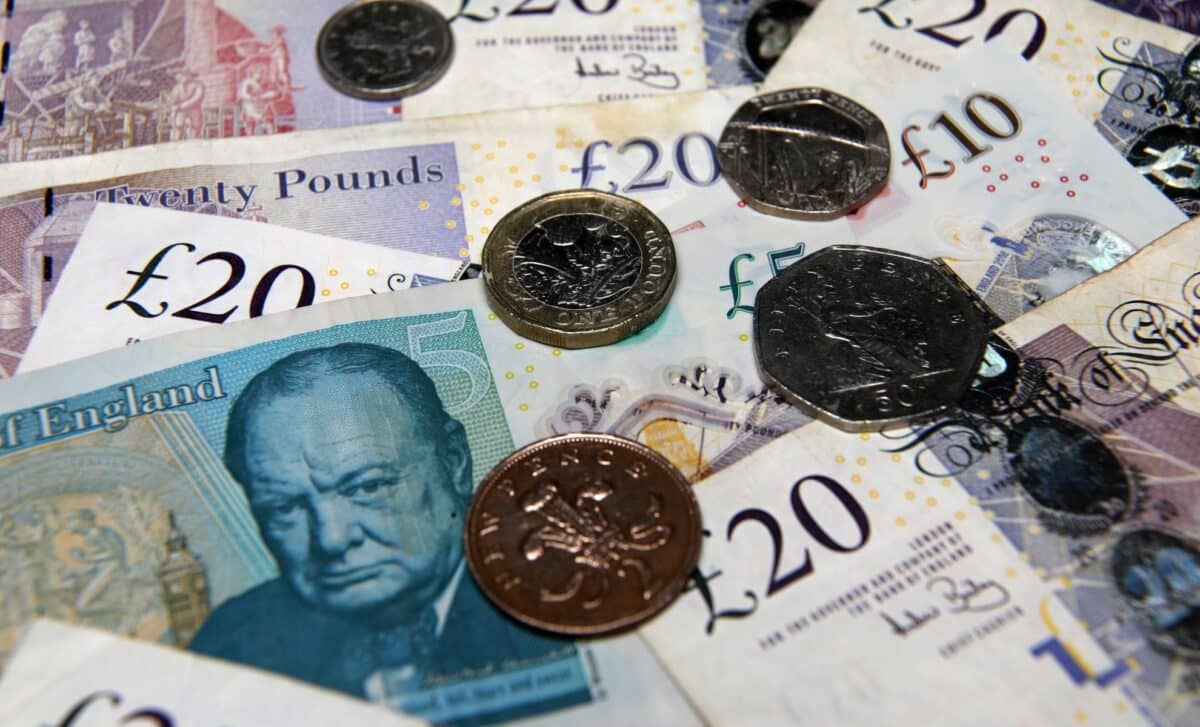Understanding the subtleties of Capital Gains Tax (CGT) is essential in the world of personal finance. Gains, i.e. profits made on the sale of assets such as shares, bonds or property, are subject to tax in the UK. Nevertheless, the nuances of this tax system often disproportionately favour the wealthy, leading to calls for reform to create a more level playing field.
The UK’s Tax System Favours the Wealthy
The British capital gains tax system overwhelmingly benefits the rich. According to studies, less than 3% of British adults pay capital gains tax over a 10-year period, while half of these gains fall to just 5,000 people.
The Wealthy Get The Biggest Tax Breaks
Assuming you earn more than £150,000 a year, you receive almost half of all capital gains. The top 0.1% of earners, around 50,000 people, receive 86% of all capital gains. These people rake in at least £143,000 in capital gains every year. Now compare these figures with those of the average person, who has virtually no chance of receiving any capital gains at all.
Geographic variations in capital gains distribution
Growth in value is highly concentrated in affluent areas, mainly in the South of England. In particular, the opulent London borough of Kensington overshadows entire regions in terms of capital gains accumulation. Such concentration underlines the geographical privilege that often accompanies financial prosperity.
There is a clear imbalance in London itself. Residents of Kensington are 50 times more likely to realise capital gains than their counterparts in working-class areas such as Barking. This disparity exacerbates the socio-economic divide and perpetuates inequality.
How the Rich Avoid Paying Taxes in the UK
The very rich and wealthy in the UK have found ways to pay much less tax than the average person. One of the main methods is to take advantage of low capital gains tax rates. Capital gains tax is levied on profits from the sale of assets such as shares, bonds and property. Rates are much lower than income tax, ranging from 10% to 28% depending on income level.
Capital gains make up a large part of the remuneration of the very wealthy. Yet they are able to pay a lower rate of tax on these capital gains than middle-income earners pay on their normal salary. Some of the richest people have received tens of millions in capital gains, benefiting substantially from these lower rates.
Exploiting Weaknesses and Avoiding Controls
The complexity of the tax code allows clever people to find loopholes that minimise their tax burden. Techniques such as “Taper Relief” have sometimes enabled the highest earners to pay an effective tax rate on capital gains that is even lower than that of average earners. Unclear ownership structures can also prevent the authorities from monitoring the way in which the wealthy accumulate and distribute their assets to avoid tax.
Reforms are necessary to create uniform ground rules
The current system of capital gains tax is regressive and disproportionately benefits the wealthiest individuals and regions of the country. Reforms are needed to make the system fairer, including increasing capital gains tax rates for the highest earners and closing loopholes that allow large amounts of capital gains to go untaxed.
A more equitable system could generate billions of pounds to fund public services and ‘equalise’ disadvantaged areas.
Making the UK capital gains tax system more progressive should be a priority in building a fairer and more equal society. Those who are richest have profited enough from a system rigged in their favour.









